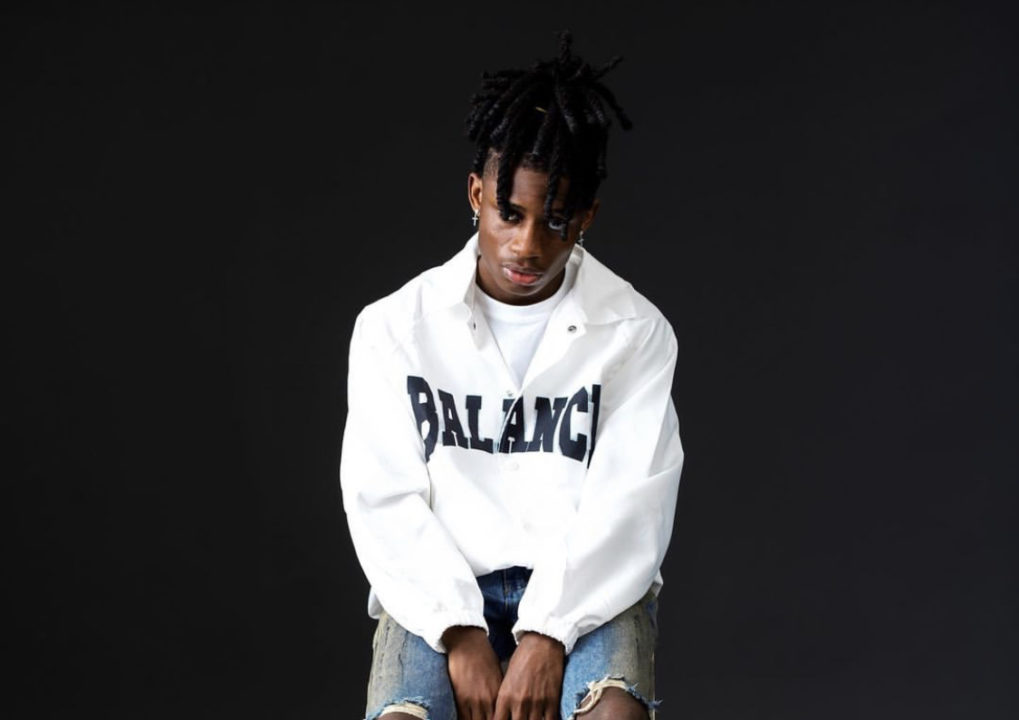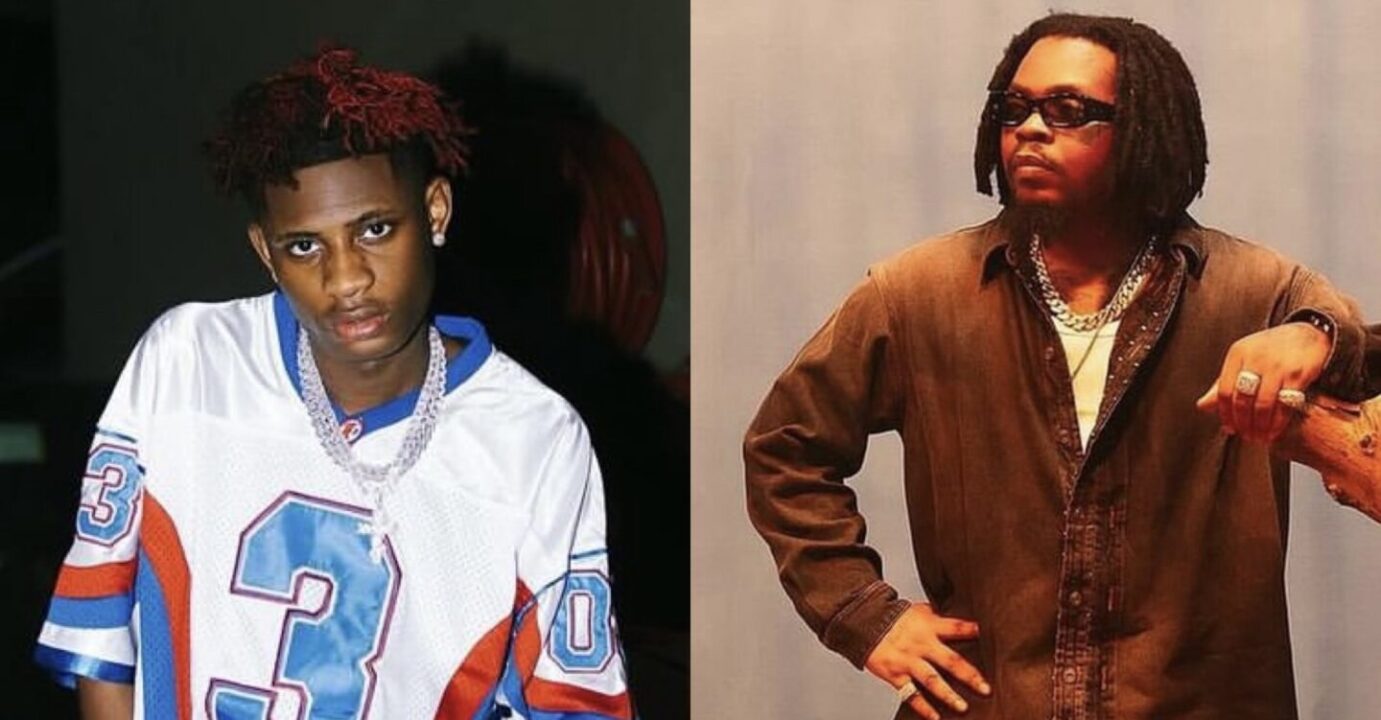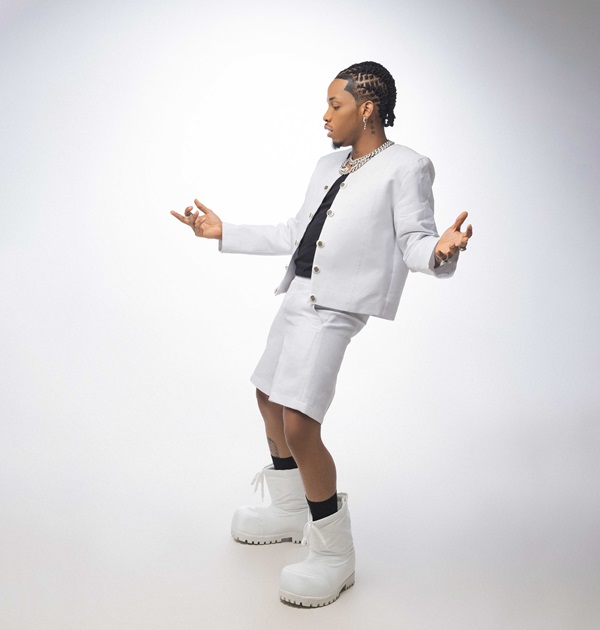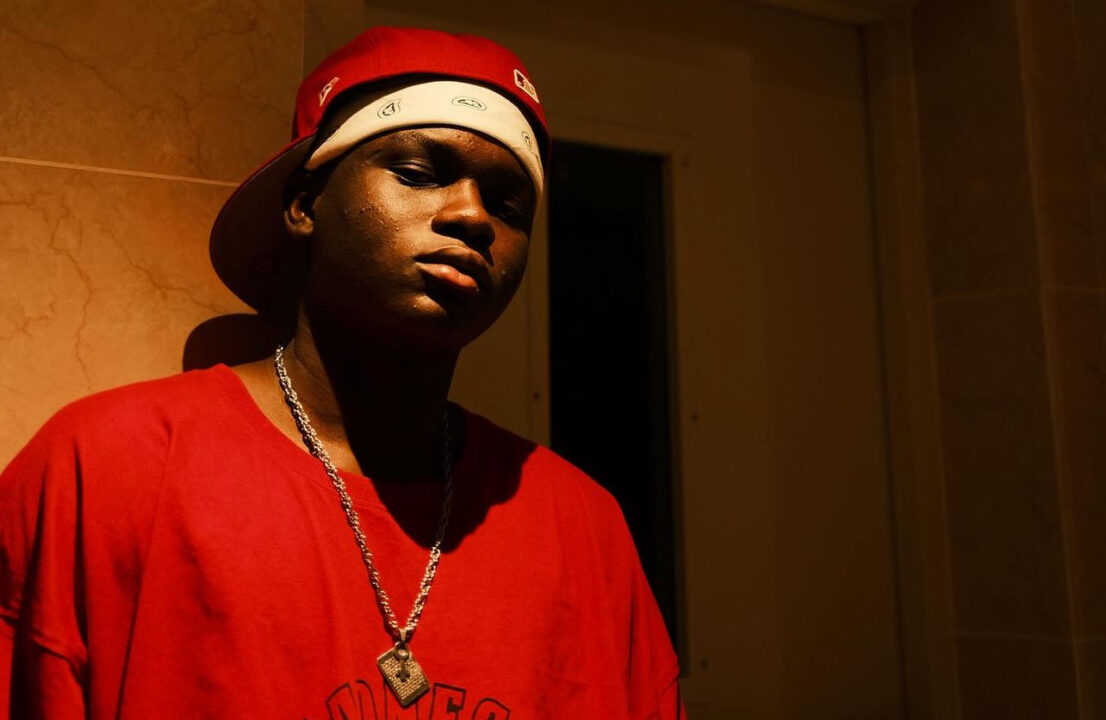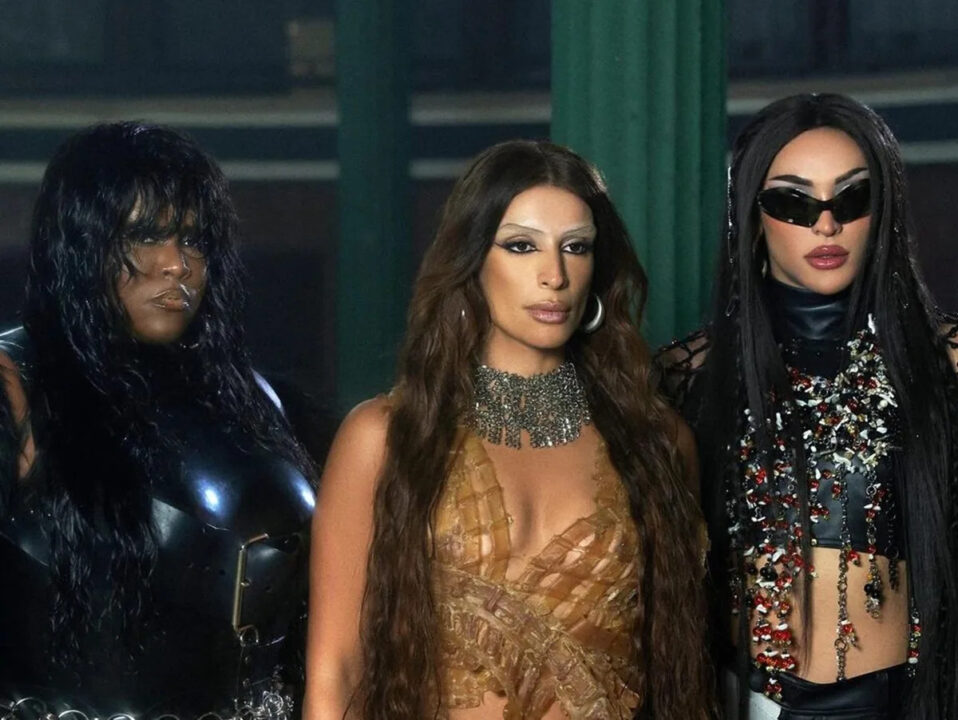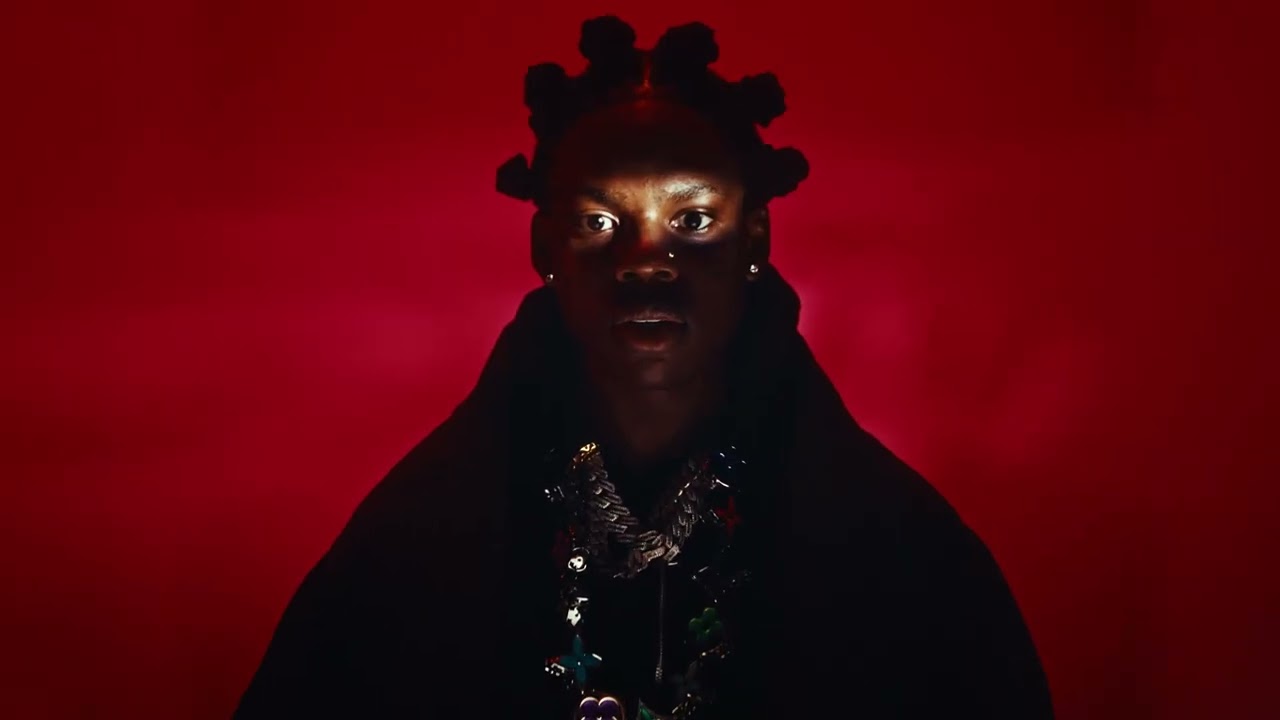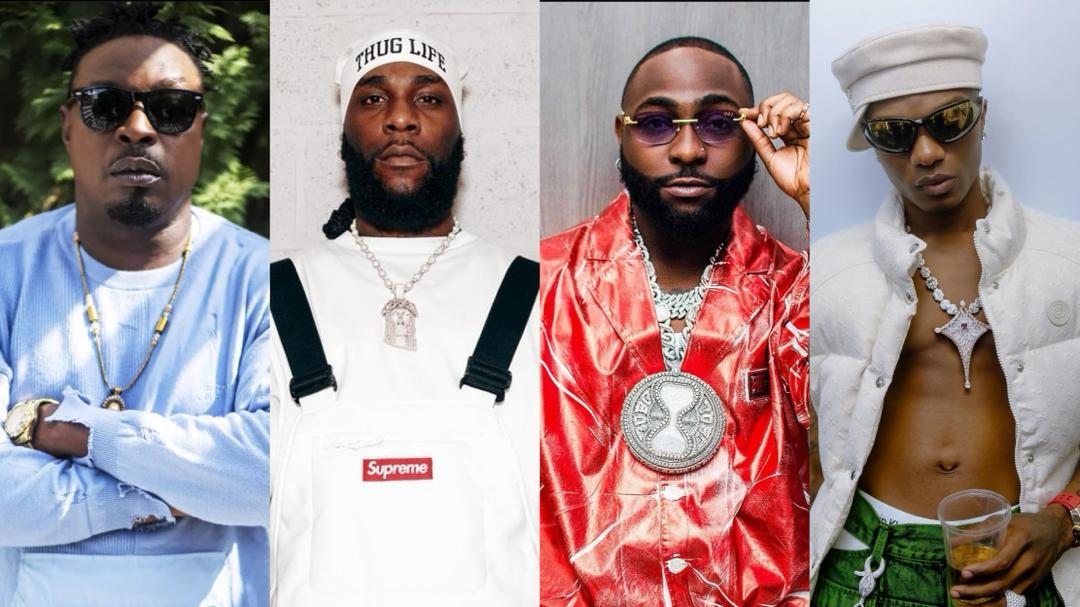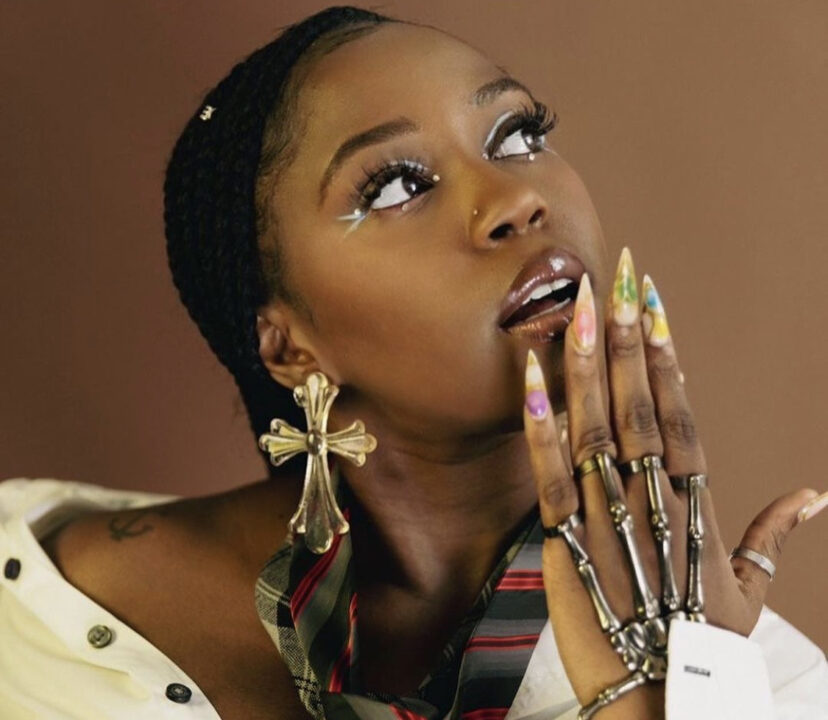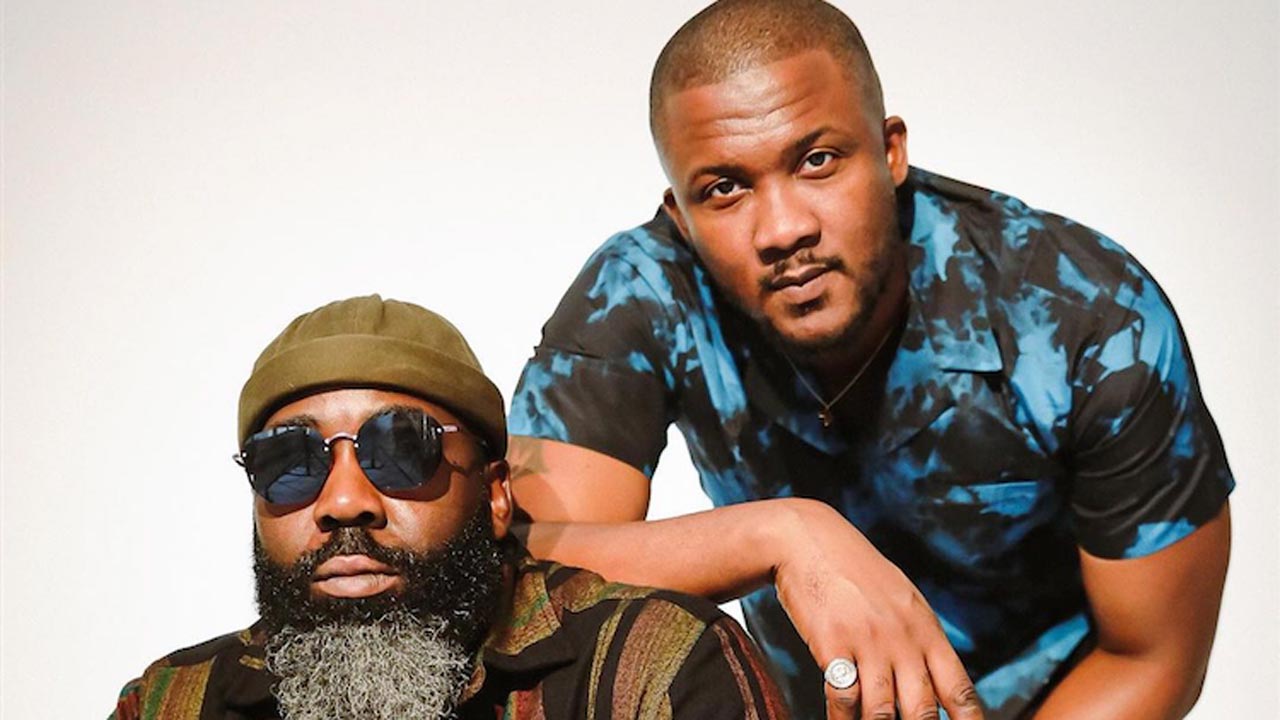"I've Always Been Ahead of My Time" Yung L Speaks to Notjustok About His Yaadman Kingsize Album
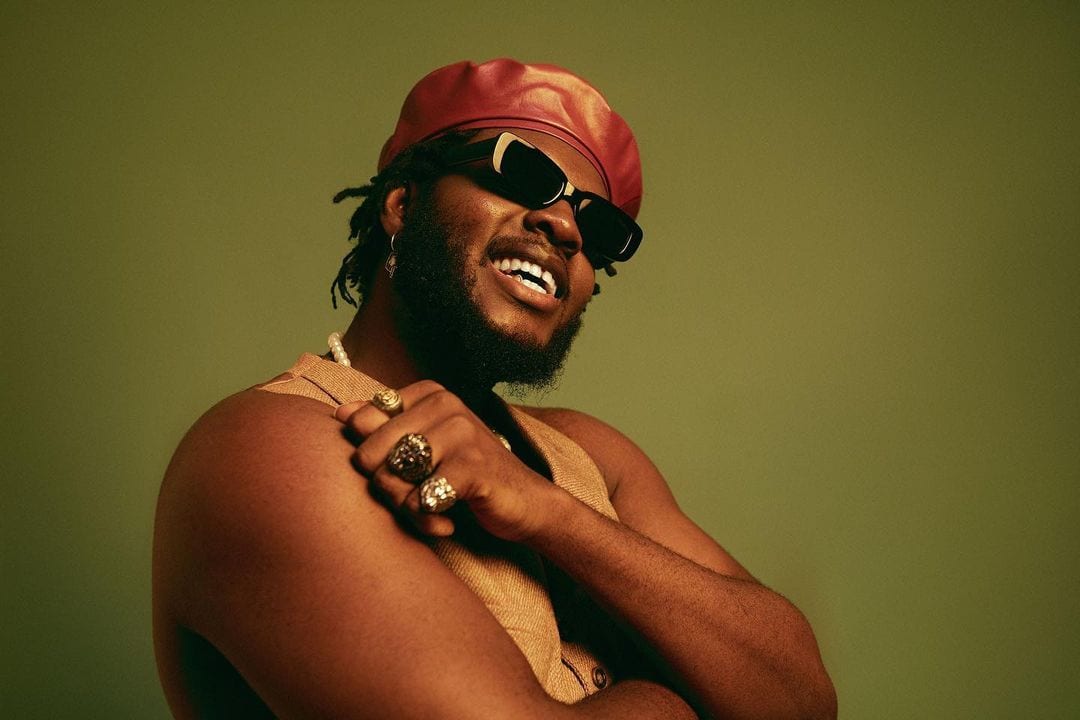
When Yung L 'Yaadman' or 'Mr Marley' joined the interview via the Zoom link, his blase demeanour was soon replaced with animated candour-- I’d told him I was a longtime fan of his music since his 2013 breakout days of SOS when I was in my last year of senior secondary school-- and he’d taken a moment to reflect on his run in the music industry. He’d jokingly called himself an old man and threw in the ‘I go soon leave music for una’ joke.
Eventually, he would open up about the harrowing flipside of being ahead of his time with an alternative and wildly eclectic take to dancehall in an industry where hits songs were borne on the back of Afrobeats and Afropop. He would also share his excitement to finally becoming duly recognised following the release of his second studio album and third musical project.
This project is Yung L’s Yaadman Kingsize, an 11-track musical buffet done up in his unique style of Afro-dancehall which the Jos-bred singer passionately labels, ‘Afrozimm.’ Here’s what Yung L had to say about his album, the process behind it, how he was able to find the will to stick to his craft, the future of Afro-dancehall and more.
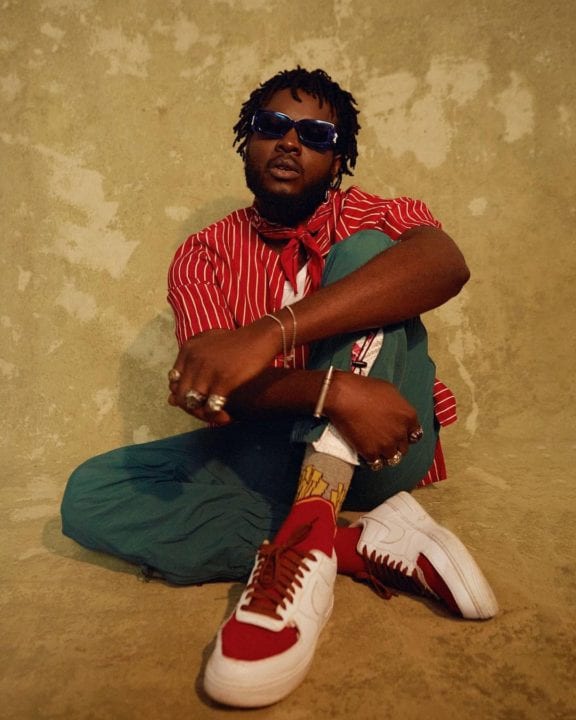


Yung L
Not everyone is in on Rastafarian lingo, can you kindly breakdown what Yaadman means?
It’s not my word, if you check the dictionary, it means a black confident street guy. It’s someone that is free and loves to have fun and I think that expresses me as a person. It came to me at a point when I became one with myself.
Hot stories
The album in itself is such a delightful serve of Afro-dancehall, what was at the core of its creation and what was the inspiration behind it?
I’d say growth in general and my life. Like how you were telling me you heard SOS when you were in secondary school and now you’re done with uni so obviously you know growth has taken place from then to now. The project is just a reflection of myself as a person, how confident and free I am to create the type of art I want to. I’m having more fun with the music, myself and the music have become one.
When I was younger, I didn’t quite understand the powers we had, now that it's come to me it's like a full 360, it all makes sense now.
You’ve been getting quite the reception following the release of your Yaadman Kingsize, Yung L, how do you feel about that?
I’m excited because I was scared, I’ve always been ahead of my time, so sometimes people catch up with my music 2 years down the line. But when I did it then, I was just having fun. I’m excited that they love this one and they’re catching on now. Songs like Rasta that I thought would be too much, or Womaniser, or Yaadman, I’m surprised by the people that love that record. I’m excited that people have accepted not just one song but the full project and everyone has their own song they love.
You’ve always been at the fringes of the mainstream despite being ahead of your time, how has that been for you and how were you able to keep creating music despite this?
It was a little bit lonely but what kept me going were fans I’d meet at the airport or the ones that’ll message me on Twitter, or call me and tell me about the impact of my song on them. It can be lonely when you feel like you’re not part of the industry and people know you’re talented but everyone is afraid to give you your props.
It shows the good and bad of being ahead of your time because it can get lonely there and you just feel like a lot of people are not catching on. So I’m surprised and excited by the reception of this project because I’ve been around for a while now but people are rating this 10/10 and I’ve been in the industry for a while and I've put out other dope projects so this is amazing. It’s giving me more ginger and I’m excited to see where it goes from here.
ALSO READ: Yung L Dishes out Sophomore Album, 'Yaadman Kingsize'
Before this, when you started doing music, you were a rapper and now we have you doing Afro-dancehall which is unique, how did you discover your sound and how do you maintain its quality?
When I started as a rapper, I had a huge rap song in Jos, I think I was just finding myself as I was growing but I wasn't too focused on the outcome, I was just enjoying the process. I’d always known there were foundations of dancehall music from when I was young, listening to the music and stuff, but there was also foundation for highlife music and huge influences for hip-hop. So I think my coming to dancehall was meant to be. J-Town contributed because we have that vibe, people that listen to dancehall, reggae, people that dress that way. But generally, afro-dancehall called me because I could have been a rapper-- I was a good enough rapper, I’d give myself 7/10. But I ended up doing Afro-dancehall which is a vague term for the genre, I call it Afrozimm though, because Afro-dancehall means you do African and dancehall music but when you listen to songs like Rasta or Puna, you can hear the Afro, the dancehall, and some rock. So I basically have dancehall as my main genre and bend genres into it.
I always want to create stuff and I experimented on this project a lot, a song like Rasta, hasn’t been done before. And I always want to do something that the next generation can enjoy.
You went from working with Tiggs Da Author, to Abood Khiery and co on Yaadman, you obviously have an eye for collaborations, Yung L, how did you select artistes to work with?
I didn’t plan to work with those people when I was making the record, it was when I was making the songs things started to fall into place. For instance, after I made Womanizer I realised I wanted a second verse but I don’t want it from me and decided that Tiggs would be the best person for it. It was the same thing with Rasta, however the song I wanted Seun Kuti on was Puna but when I played him Puna and Rasta, he wanted that. I’d already made the record and I always wanted to work with Seun so I reached out to him and he jumped on it.
Right now, I know some artistes I want to work with but I don’t know what song and how we’re going to do it.
Then the outro with Abood Khiery and the others, I found them on Instagram, they were making live music and I recorded it and played it every night. It was very therapeutic for me so I put it in the project so it can help someone the way it helped me.
What of working with Shank? We haven’t heard from him in a while and you brought him out on your album, how was that?
I had to include the afro-dancehall pioneer, I had to big him up and give him his flowers while he was still here. When Shank came out there, there wasn’t anything like that. He took a leap of faith and did music that nobody was doing and you can say he was ahead of his time and it was only right that when I did a proper dancehall tune on my album, I had to get Shank and I’m glad he came through and killed it.
You just spoke about afro-dancehall back then and now you’re the face of it, where do you see it moving in the nearest future?
That’s why this project is very important to artistes like me that do Afro-dancehall, because there are not a lot of us, so there’s no opportunity to fail since it’s not a top genre and you have to always release quality songs. I think this will now give confidence to the ones that want to make music in this genre and have been influenced to change their style. I’m glad that with this project and my artistry, I can inspire people to do afro-dancehall. Which is why it’s important I brought out Shank.
Before the release of the album, you had Eve Bounce remix with Wizkid, would you say it opened doors for you?
Wizkid on Eve Bounce was a perfect vibe made in heaven and we made a classic that will always stand the step of time. There are people that didn’t know about me before Eve Bounce and I think that’s the beauty of collaboration. Even working with Seun and Tiggs, there are some of their fans that got to know me then. It’s the same thing with Wizkid who has a large fanbase and that helped me reach new people, and it’s always exciting to get new fans.
So after that and the airplay it was getting, did that give you the ginger to create more and push out the album?
It did, that's why this album was meant to be out last year, I always have songs and I started working on others as soon as I was done with the remix, but I didn’t know what the project was going to sound like. I planned to release it in August and pushed it till December but every artiste was pushing out projects then. The project was special to me so I had to be patient and I’m glad I put it out in January.
On Police and Thief, you sounded like a man that needed to get something off his chest, how would you say the indiscriminate use of force from members of the police has affected you?
I think if you haven’t experienced police brutality in Nigeria, you’re probably one of the lucky ones because I was speaking from expeience. It’s crazy, I wrote that song about 2 weeks before the #EndSARS protests, so it wasn’t really inspired by it. It’s what I’ve witnessed firsthand, I have dreads and I like to drive so I’m always on the road so I've had run-ins with police.
One time, my tailor was arrested after leaving my house and they claimed he was an armed robber meanwhile they just rounded people up at the bus stop. Police and Thief is not even just about #EndSARS, it’s about corruption as a whole in Nigeria, it’s corruption in the police, corruption in the government, corruption in the streets, in the church and the mosque. We’re all guilty and we need to search our hearts.
The #EndSARS protests brought out the spirit of activism in everybody, celebrities as well. What role would you say celebrities have to play in discussing sociopolitical issues and what’s your take on them being a voice in these times?
It goes without saying that artistes are like mouthpieces because they have people that listen to them, but I'm also not saying you should pressure anyone to do that because it has to come from within and not performatively. If you don’t feel it deep, and if you don’t want to do it, don’t do it. But I feel like it’s on every artiste to speak on the times that you go through, it’s like a journal. I don’t always talk about politics, if you listen to Aye, I talk about life in general about friends, family, life in general, politics, corruption etc. I just feel an artiste has to talk about these things but don’t get carried away talking about them because you need to chop life, there has to be a balance in everything and that’s what makes you a growing human.
So Yung L, what next for the Yaadman album?
Visuals! I’m big on visuals for this project that’s why I had to go all out on Yaadman to give the sickest video in the city. The crazy thing is choosing what songs to make a video for because I currently do not have the money to shoot a video for all the songs, but that’s what I’m going to focus on, videos for some songs. Rasta will be getting a video.
I also want to work on the deluxe version, I’m going to reach out to some artistes and I hope they pick up.

